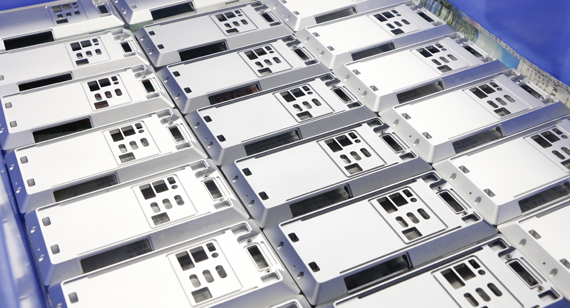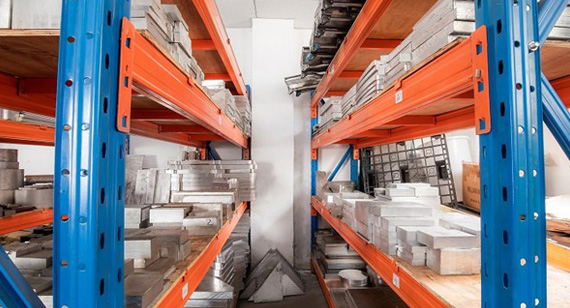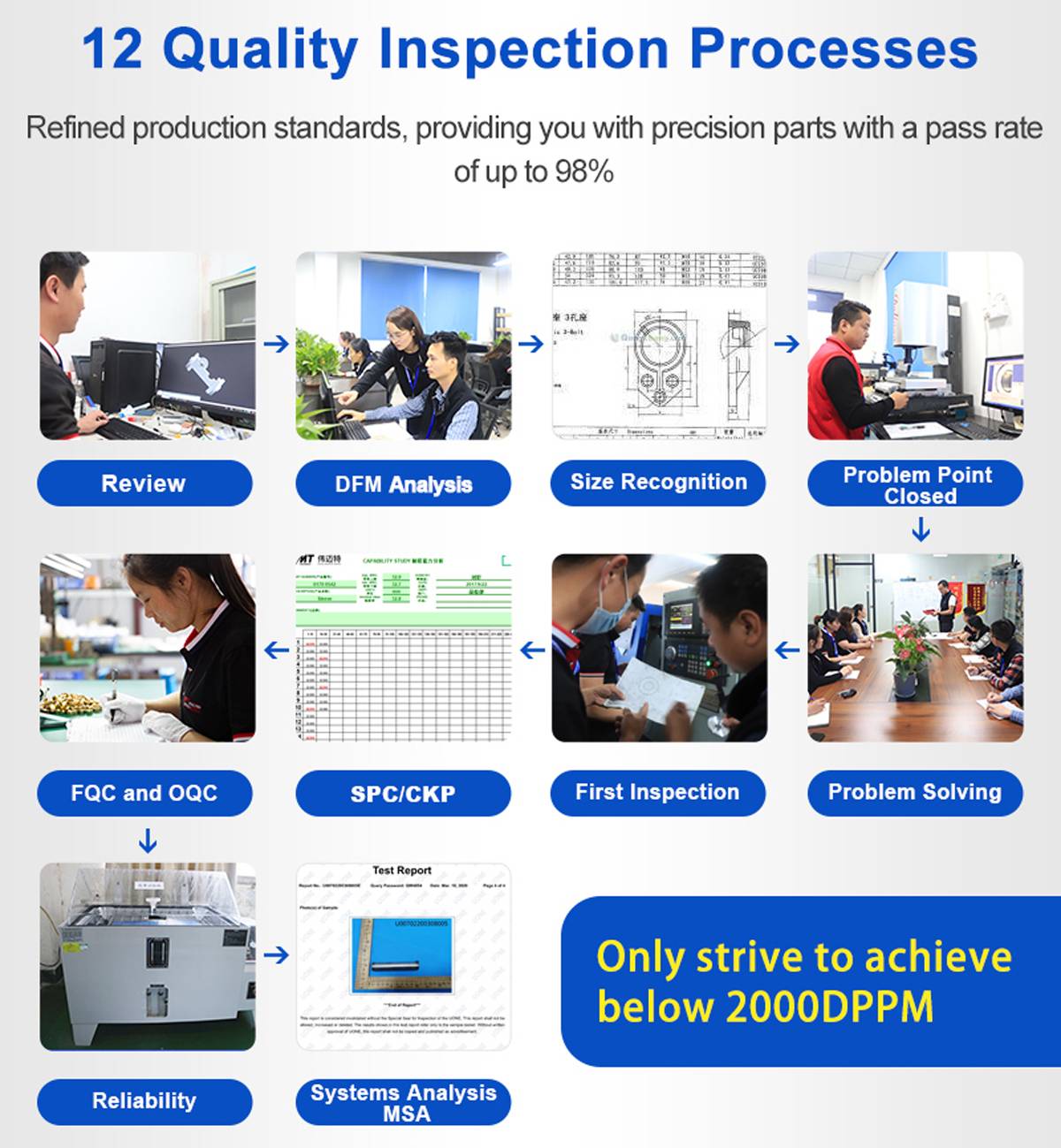15 years one-stop China custom CNC machining parts factory

Hey there I’m VMT Sam!
With 25 years of CNC machining experience we are committed to helping clients overcome 10000 complex part-processing challenges all to contribute to a better life through intelligent manufacturing. Contact us now
 148 |
Published by VMT at Apr 01 2024
148 |
Published by VMT at Apr 01 2024
In the field of CNC machining parts manufacturing, there has been a notable phenomenon in recent years: despite the decrease in prices for precision CNC machining parts, issues regarding delivery delays and quality anomalies have been on the rise. This phenomenon not only affects the efficiency of enterprises but also harms the interests of customers. As an expert in the field of CNC machining parts manufacturing, this article will delve into the reasons behind this phenomenon and propose corresponding strategies.

Section 1: Analysis of the Reasons for the Decrease in Prices of Precision CNC Machining Parts
Firstly, we need to explore the reasons behind the decrease in prices of precision CNC machining parts. On the one hand, with the continuous advancement and popularization of CNC machining technology, an increasing number of CNC machining factories have entered the market, leading to intensified competition. To gain a competitive edge, some factories have to lower prices to attract customers. On the other hand, with the decrease in costs such as raw materials and equipment depreciation, coupled with improved production efficiency, some factories also have the capability to lower prices.
However, price reduction is not always beneficial. In some cases, excessive price competition may lead factories to sacrifice quality and service in order to cut costs. This is why we see an increase in delivery delays and quality anomalies alongside price reduction.

Section 2: Causes and Effects of Delivery Delay Issues
Delivery delay is one of the common problems in the manufacturing process of precision CNC machining parts. Its causes mainly include the following:
Improper production scheduling: Some factories lack scientific and reasonable production scheduling, leading to ineffective control of production schedules and resulting in delivery delays.
Frequent equipment failures: Equipment failures not only affect production efficiency but also lead to production interruptions, thereby causing delivery delays.
Poor personnel management: High personnel turnover and low skill levels can affect the stability and efficiency of the production line, increasing the risk of delivery delays.
Delivery delays have negative impacts on both enterprises and customers: For enterprises, delivery delays may disrupt production schedules and overall operational efficiency. For customers, delivery delays may hinder their production schedules and even affect their market competitiveness.
Section 3: Causes and Effects of Quality Anomaly Issues
Quality anomalies represent another significant concern: During the manufacturing process of precision CNC machining parts, quality anomalies mainly manifest as deviations in dimensional accuracy, poor surface quality, and material performance not meeting requirements. The causes include:
Unstable raw material quality: The quality of raw materials directly affects the quality of machined parts. If the quality of raw materials is unstable, it is challenging to ensure the quality of the machined parts.
Inadequate control of machining processes: Process control is crucial for ensuring part quality. If process control is inadequate or operational errors occur during machining, quality anomalies may arise.
Insufficient quality inspection methods: Quality inspection is the final checkpoint for ensuring part quality. If there are insufficient inspection methods or if inspections are not rigorous, it becomes challenging to detect and correct quality anomalies in a timely manner.
Quality anomalies also have significant implications for both enterprises and customers: For enterprises, quality anomalies may result in product returns, customer complaints, and damage to the company's reputation. For customers, quality anomalies may lead to a decrease in product quality and affect their market competitiveness.
Section 4: Strategies and Recommendations
To address the aforementioned issues, we propose the following strategies and recommendations:
Strengthen production management and optimize production scheduling: Factories should establish a scientific production management system and implement rational production scheduling to ensure effective control of production schedules.
Improve equipment maintenance levels and reduce failure rates: Factories should enhance equipment maintenance and upkeep to lower the incidence of equipment failures, ensuring the stable operation of production lines.
Enhance personnel training and management to elevate skill levels: Factories should intensify employee training and management to improve skills and foster a sense of responsibility among workers, ensuring production process stability and efficiency.
Implement stringent control over raw material quality to ensure stability: Factories should establish strict raw material procurement and inspection systems to guarantee the stability and reliability of raw material quality.

Strengthen process control and quality inspection to ensure stable quality: Factories should enhance control over machining processes and rigorously inspect product quality to ensure that machined parts meet customer requirements.

Section 5: Conclusion and Outlook
In conclusion, addressing the issues of delivery delays and quality anomalies behind the reduction in prices of precision CNC machining parts is a complex and daunting task. To tackle this challenge, we need to enhance our capabilities and strengths from multiple perspectives, including production management, equipment maintenance, personnel training, raw material control, and quality assurance. Only by doing so can we maintain competitive prices while ensuring timely delivery and stable quality.
Looking ahead, with the continuous advancement of CNC machining technology and the intensification of market competition, the field of precision CNC machining part manufacturing will face more opportunities and challenges. Innovation and improvement are essential to enhance production efficiency and quality standards to meet the growing demands of customers. Additionally, fostering collaboration and communication within the industry and expanding international market presence will be vital for sustained growth.
In the context of globalization, the precision CNC machining part manufacturing industry needs to focus on international market expansion and cooperation. By introducing advanced international technology and management experience, we can further enhance competitiveness and innovation. Furthermore, we need to pay attention to international market demands and changes, adjusting and optimizing our product structures and market strategies in a timely manner.
In summary, addressing the issues of delivery delays and quality anomalies behind the reduction in prices of precision CNC machining parts requires long-term and concerted efforts. By continuously improving our capabilities and capacities, we can navigate through market changes and challenges, achieving sustainable development in a fiercely competitive environment.
Ready To Start Your Next Project?
Get Instant Quote

Request a Free Quote
Send us a message if you have any questions or request a quote. We will get back to you ASAP!